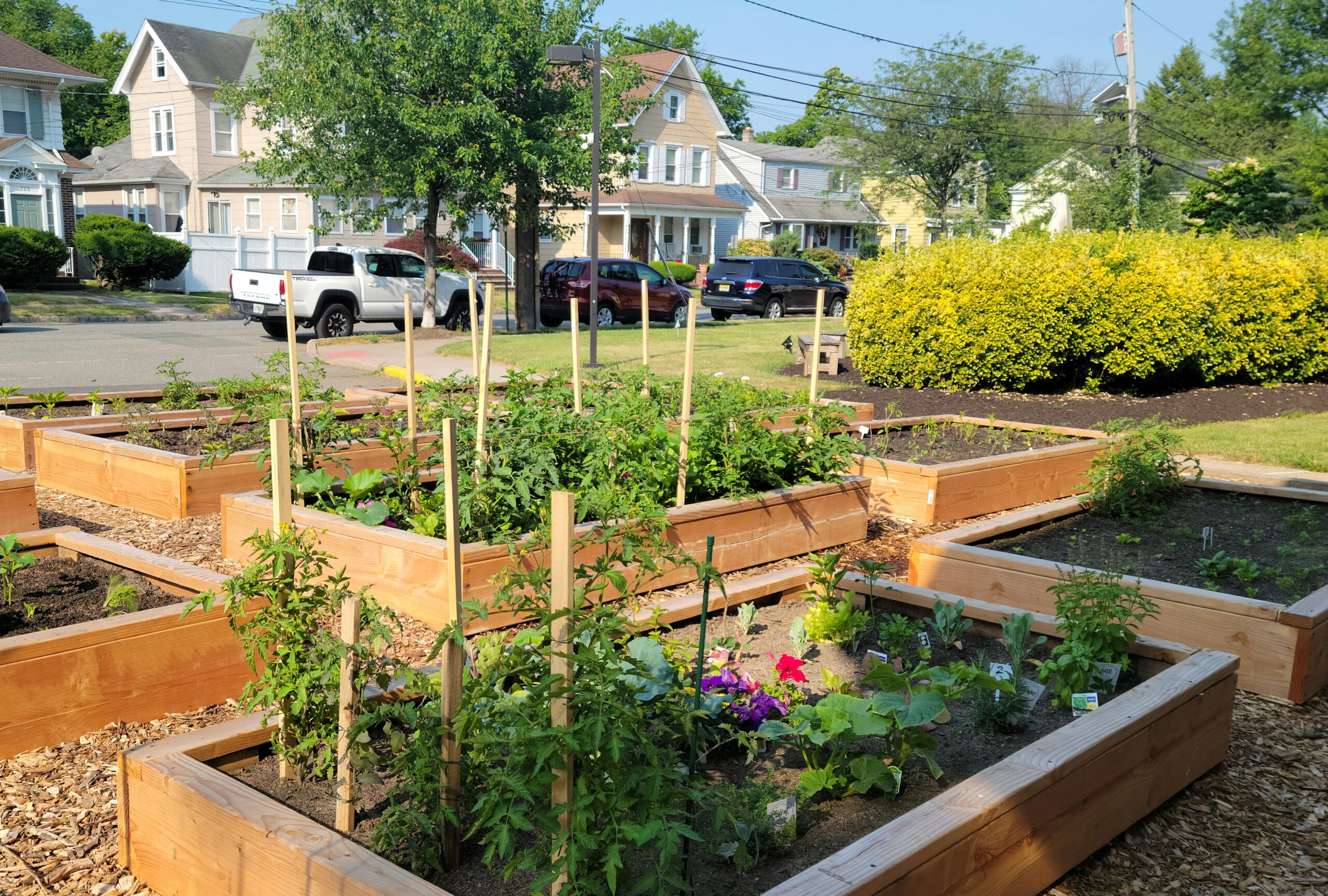“If you pull up the weeds, you might uproot the wheat along with them. Let them grow together until harvest.” Words of wisdom from Jesus in today’s Gospel that go far beyond agricultural advice.
Many of us are so used to living out of dualistic minds that we don’t even know what that means, much less the damage it’s doing, much less the need to raise our minds to a higher consciousness.
The dualistic mind is one that measures and counts, moves toward quick resolution, judges everything. A mind that wants to avoid, at all costs, fearful, negative or problematic situations. A mind that quickly names things as wrong, dangerous or sinful. A mind that is fundamentally reactive and defensive. Sound familiar?
The dualistic mind has its place: we need scientists, engineers, accountants, teachers and so on. But to constantly live out of a dualistic mind is to constantly be on the brink of an argument. Such a dualistic mind is the one that easily simplifies everything to “weeds” and “wheat,” “us” and “them,” black and white, either/or, right or wrong, and everything is clearly not that clear at all times. We speak, often, of our polarized nation, our polarized church. This is the result of overheated but locked minds seeking false refuge in the extremes of dualistic thinking.
It’s especially tragic when Christians only live out of dualistic thinking, because if there’s anything that Jesus came to bring to us in his wisdom teaching, it’s the wonder of the non-dualistic mind, the contemplative mind. Today’s teaching is a great example. Let’s not be so fast to classify wheat versus weeds, he says. “Let them grow together.”
The non-dual mind abides in this high-level viewpoint. It’s an abiding in God, really, who is full of mystery and paradox. The non-dual mind waits for things to fully reveal themselves. The non-dual mind can begin to handle mercy, forgiveness and grace. Thanks to Jesus, we can be at home in mystery, and we don’t have an obsessive need to put a label on it.
For example, Paul tells us today that we don’t know how to pray as we ought, that the groanings of the Spirit will help us out. For dualistic thinkers, that’s distressing news. But for those who are comfortable with ambiguity, it’s refreshing and hopeful news. We don’t have to do it all ourselves, even our prayer. The Spirit can overwhelm us, if we can just give up our control, and say yes to God’s presence and action. Can you? Can we?

